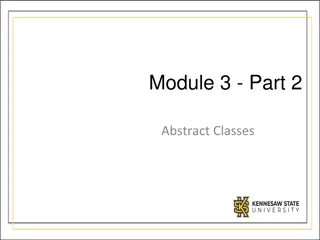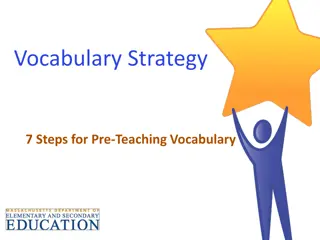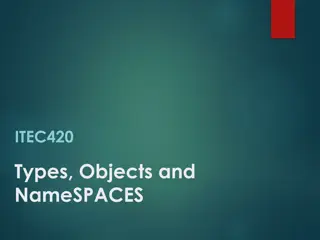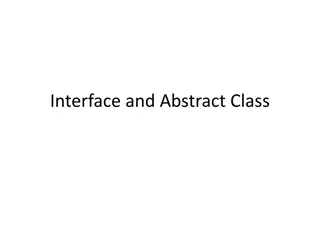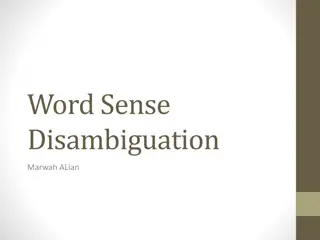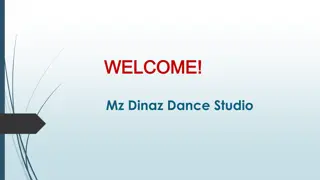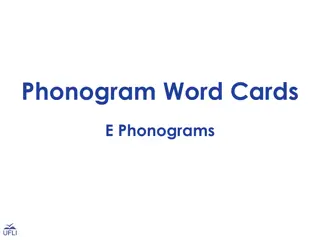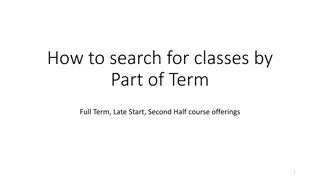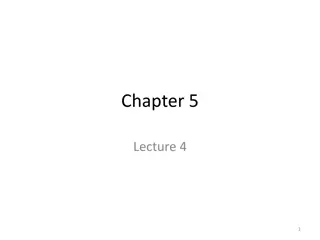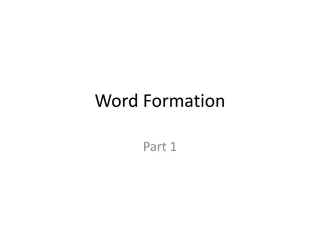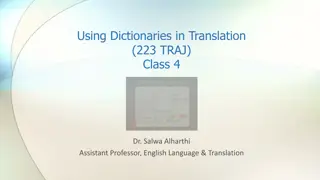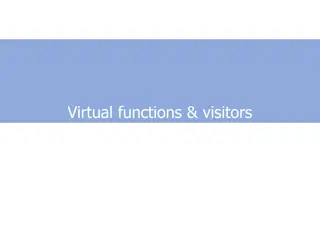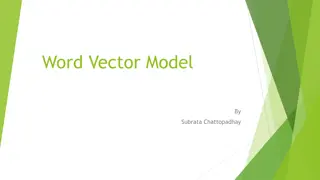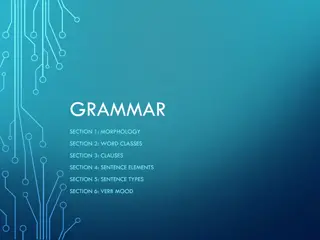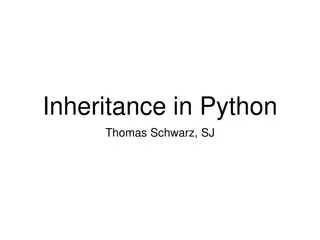
Different Types of Nouns Explained - Proper, Common, Concrete, Abstract, Collective
Learn about the various types of nouns including Proper Nouns, Common Nouns, Concrete Nouns, Abstract Nouns, and Collective Nouns. Understand the differences and examples of each category. Explore how Pronouns can be used instead of nouns and discover the role of Adjectives in describing nouns.
Download Presentation

Please find below an Image/Link to download the presentation.
The content on the website is provided AS IS for your information and personal use only. It may not be sold, licensed, or shared on other websites without obtaining consent from the author. If you encounter any issues during the download, it is possible that the publisher has removed the file from their server.
You are allowed to download the files provided on this website for personal or commercial use, subject to the condition that they are used lawfully. All files are the property of their respective owners.
The content on the website is provided AS IS for your information and personal use only. It may not be sold, licensed, or shared on other websites without obtaining consent from the author.
E N D
Presentation Transcript
Nouns These are name words and you have different types: Proper nouns Common nouns: Concrete nouns Abstract nouns Collective nouns
Proper Nouns This is a name used for an individual person, place or organization, spelled with a capital letter. For example Lisa, Dave Oldham, New York Manchester City, Manchester United Tesco, Crompton House, Mercedes
Common Nouns These are general names of people, places and things. For example: The girl walked to the shop. The man drives his car. These are split into different types too
Concrete nouns These are names of things you can touch and experience with the senses. For example: Table Chair Window Flowers
Abstract Nouns These are names of intangible things (things you can t touch and experience with the five senses), like feelings, ideals, concepts and qualities. For example: joy, anger, sadness, fear, disgust honour, generosity, kindness time, beauty, equality
Collective Nouns These are names of groups of people, animals, objects or concepts. For example: Pride of lions Army of frogs The church choir Deck of cards
Pronouns This is a word which can be used instead of a noun. Remember: pronoun. Can you put the pronouns in: Lisa went to the shop and Lisa bought bread. Dave likes cars and Dave has a Mercedes; the Mercedes is silver.
Pronouns This is a word which can be used instead of a noun. Remember: pronoun. For example: Lisa went to the shop and she bought bread. Dave likes cars and he has a Mercedes; it is silver. They don t like us because we support a different football team to them.
Adjectives These are describing words which describe nouns. For example: The girl walked to the clothes shop. The man drives his silver car.
Comparative Adjectives Adjectives can be used comparatively. This means making a comparison. For example: This apple is bigger than that one.
Comparative Adjective Adjective Comparative Adjective Big Bigger Nice Nicer Excited More excited
Superlative Adjectives Superlative adjectives state something at its most or best. Sometimes it ends with -est , but sometimes we put most before the adjective. E.g. I was the most eager person in the classroom.
Superlative Adjectives This apple is the biggest.
Superlative Adjectives Adjective Comparative Superlative Big Bigger Biggest Nice Nicer Nicest Excited More excited Most excited
Verbs These are doing words. Note: These do not need to be active; you still do calmer actions, such as breathing, thinking, sleeping, etc. For example: Lisa walked to the shop. Dave drives his car. They dislike us.
Adverbs These are describing words which describe verbs. Remember: adverb. Note: These usually end with ly , but not always. For example: Slowly, Lisa walked to the shop. Dave drives his Mercedes well. Unfairly, they dislike us.
Conjunctions These are connecting words. For example: Lisa waked to the shop, but Dave drove because it he likes to show off his car. Although they dislike us, we like them.
Prepositions A preposition tells us the position of one thing in relation to another (mainly nouns, but not always). For example: Lisa walked to the shop next to the Post Office. Dave drives his car under the bridge. They dislike us for no good reason.
Some words may seem tricky There he goes. There he went. She is there. She was there.
Some words may seem tricky There he goes. adverb pronoun verb There he went. adverb pronoun verb She is there. pronoun verb adverb She was there. pronoun verb adverb
Some words change classes depending on the sentence That is the wrong answer. The stunt went wrong.
Some words change classes depending on the sentence That is the wrong answer. This is an adjective because it is describing the thing itself (the answer) it is describing a noun. The stunt went wrong. This is an adverb because it describes what happened (how the stunt went) it describes the verb.
Some words change classes depending on the sentence Search it on Google. Google it. I ve just received a text. I ll text them later.
Some words change classes depending on the sentence Search it on Google. Google it. Noun. Verb. I ve just received a text. I ll text them later. Noun. Verb.

